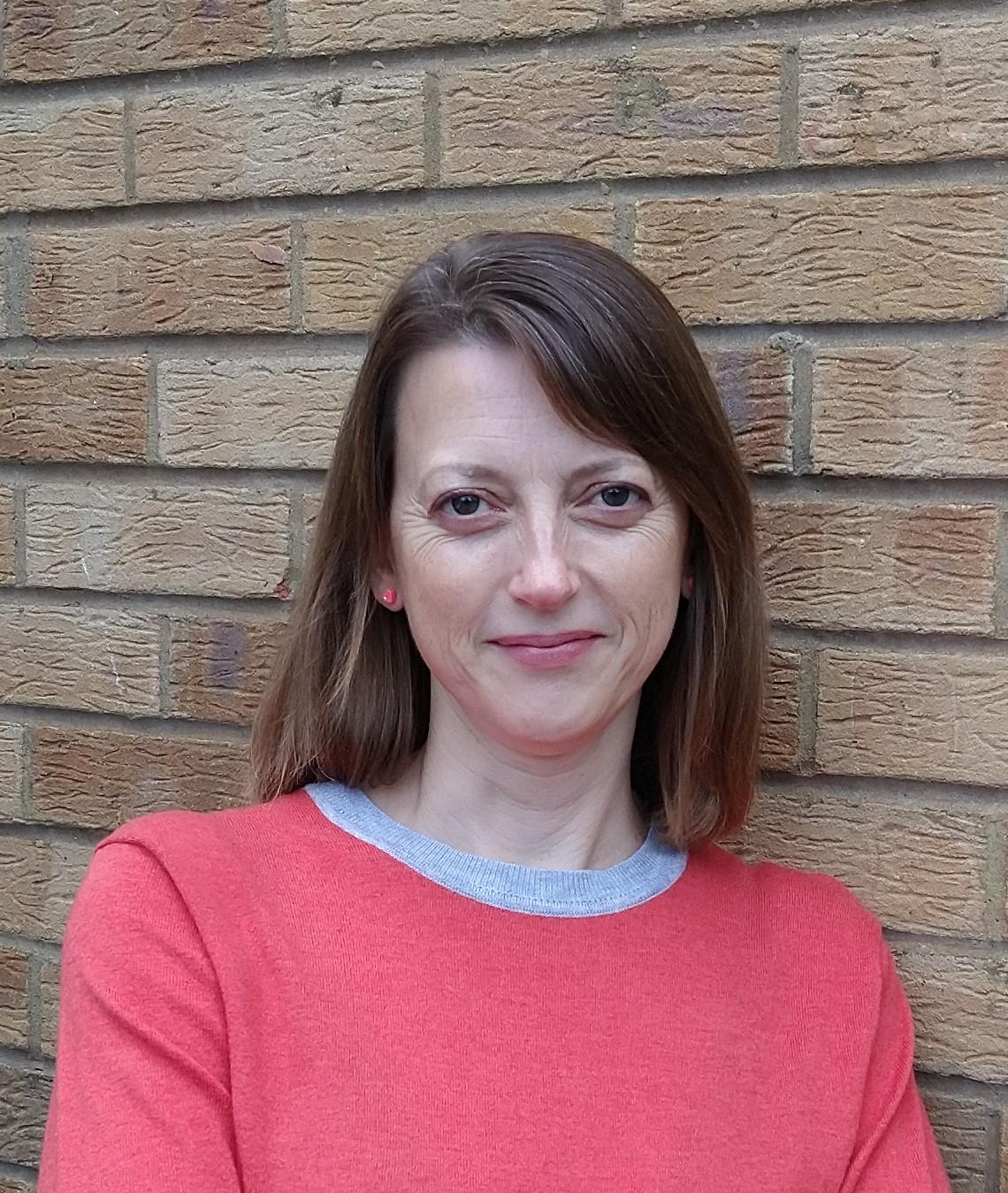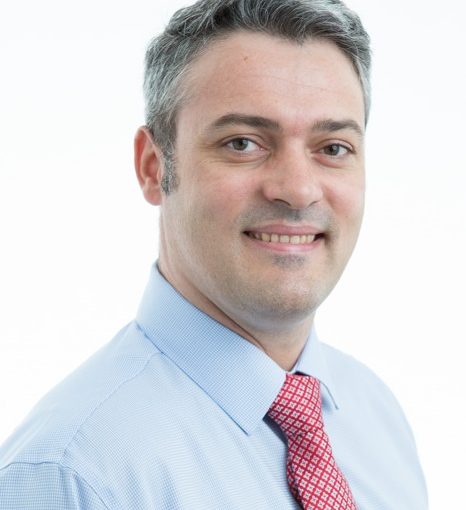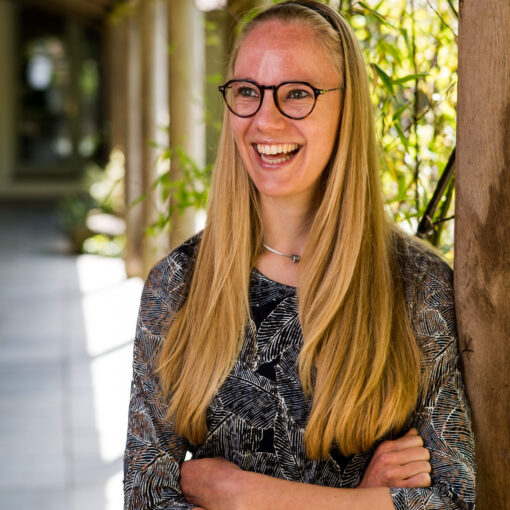PhD, University of Cambridge (2001)
| Independent Medical Writer and Coach | |
|---|---|
| Green Pen Solutions | |
Year entered into a non-academic position: 2003
Job highlight: The past year has been the highlight of my career – I love being my own boss and figuring out how I am going to help people in their medical writing careers
My research training set me up to…: be an independent and self-directed person
Left academia after: almost 6 years of postdoctoral work
What’s your background?
I did my PhD at the University of Cambridge, in partnership with Pfizer. I then moved to the US, where I lived for almost 6 years. I worked as a postdoctoral researcher at various hospitals affiliated with Harvard Medical School, investigating signaling pathways in diabetes and obesity.
Why did you move away from academia?
I felt that research was not my strongest suit, that there was something I could do better. I also realized I was not driven enough to take up the endless search for funding that is required to lead a research lab.
I knew I was good at writing, and a friend told me about her transition from research into medical writing, a career I had not heard of at the time.
Is there anything you miss about academia?
I miss the camaraderie of the lab and the physical nature of lab work, rushing around doing experiments all day!
How did you get this job? Did you face any challenges when considering a move away from academia or applying for the role?
I applied for a number of entry level medical writing positions before I was successful. I knew I had to take a pay cut and retrain as a medical writer.
I had some responsibilities as a postdoc, unofficially leading and mentoring a team of students (Harvard medical students at that!) and lab assistants. Transitioning to a new career and starting at the bottom of a new career ladder took some getting used to.
What motivated you to/why did you choose the sector you transitioned into?
I enjoyed writing and loved healthcare. I also naturally like to help and mentor others, so as I became more senior as a medical writer, I naturally became a manager and team leader. Now that I have branched out on my own, I continue to blend my passions for writing about healthcare and helping others. I write for clients in various medical communications agencies, pharmaceutical companies and charities. I also coach medical writers and graduates seeking medical writing roles.
Did you think you had the skills required for your current position before you started? Were you right?
I thought I wrote well. I was right, to some degree, but the attention to detail and level of accuracy needed to become a successful medical writer is greater than I ever expected. I joined an agency that offered an intensive 4-week training course for entry level writers, and this gave me an excellent grounding when I started on projects for clients.
What transferable skills from your PhD/postdoc are most relevant to your current job?
The transferable skills that are important in medical writing are the ability to prioritise and manage your own time to meet deadlines, being organised, developing good attention to detail, especially when writing, and the ability to understand complex scientific data and basic statistics.
Did you have any preconceptions about your sector that proved to be wrong?
Medical writing can involve many tasks and skills that have nothing to do with writing itself. As an experienced writer, I can spend hours or even days fact checking another writer’s work, researching a medicine, or formatting a PowerPoint slide deck.
Can you describe a typical week in your job?
Every week is different and I have always enjoyed the variety of medical writing. One week I could be working on a manuscript, spending every day at my desk writing.
Then the next week I could travel to cover a meeting – I have travelled to places as far-flung as Dubai, South Korea and Belarus in the name of work! Once at the venue (or ‘on site’), work begins and continues at a fast pace until you take the flight home. The medical writer will help to prepare materials and slides for the meeting, take notes during the meeting to write up some kind of report, and generally support the client or meeting faculty in anything and everything related to the meeting content. Some meetings are attended by a handful of leading specialists from all around the world, while others may be attended by hundreds of doctors.
What is the workplace culture like? Please include comments on work-life balance, flexibility, remote working?
Medical writers are in high demand, and med comms agencies in the UK offer a great working culture to attract them. Many offer flexible packages including options to work from home and part-time hours. You can also expect perks like fun social events and free food in the office.
Note that not all of these perks may be on offer at entry level, or in every agency. In return, you’ll be expected to work hard and sometimes long hours to meet client deadlines.
Do people with a PhD frequently get hired in the company/sector?
Yes
Do you have any advice for current graduate students and postdocs considering a career outside of academia?
Consider the reasons why you want to leave. If you’re fed up of the stress and working long hours, you may find these things outside of academia as well as in it. If you are after more money, make sure you seek a career that offers more money but also purpose, as no-one lasts long in a career with no sense of purpose.
Can you recommend any relevant resources, organisations or events that might help somebody new to the sector find out more about it?
FirstMedCommsJob.com
Follow me on LinkedIn at Sarah Nelson, PhD and GreenPenSolutions





